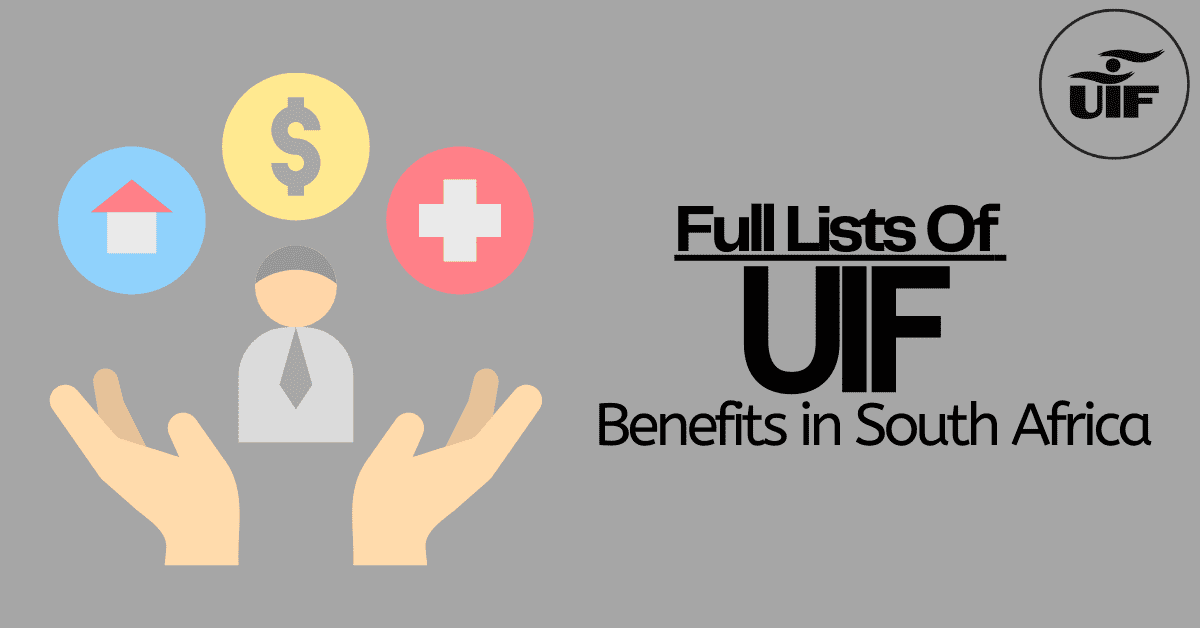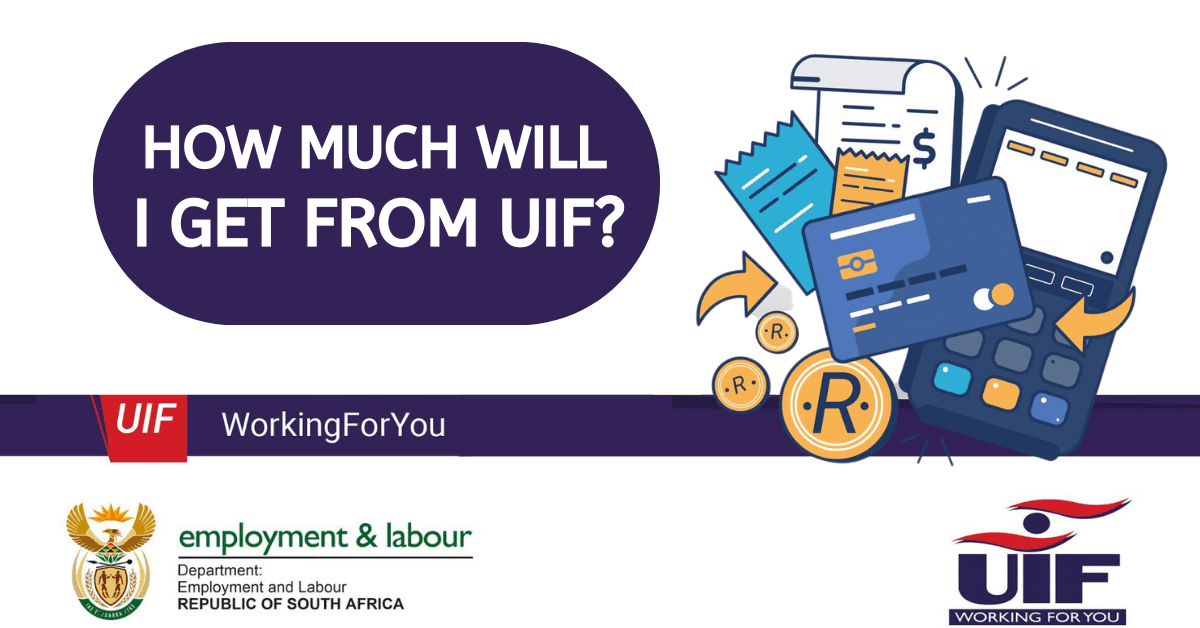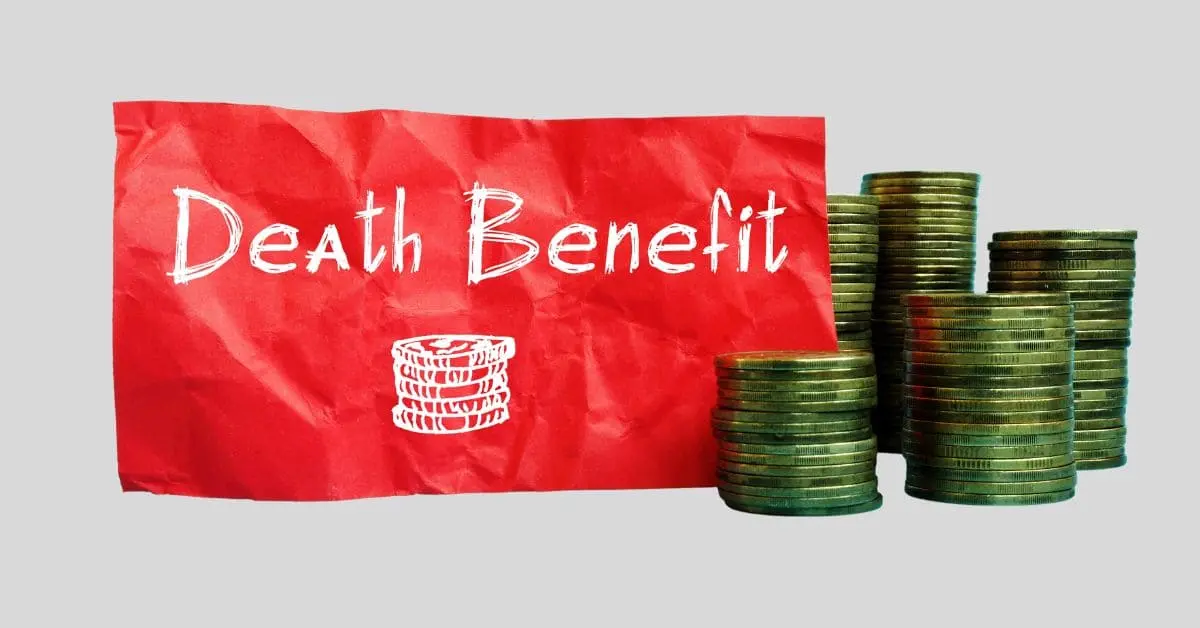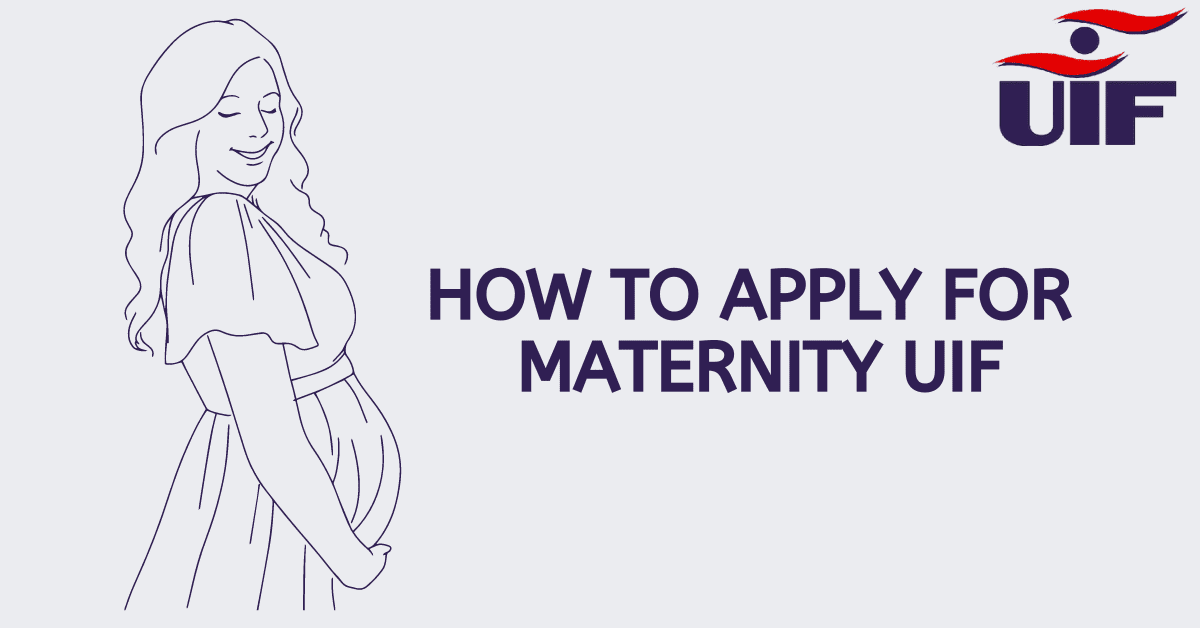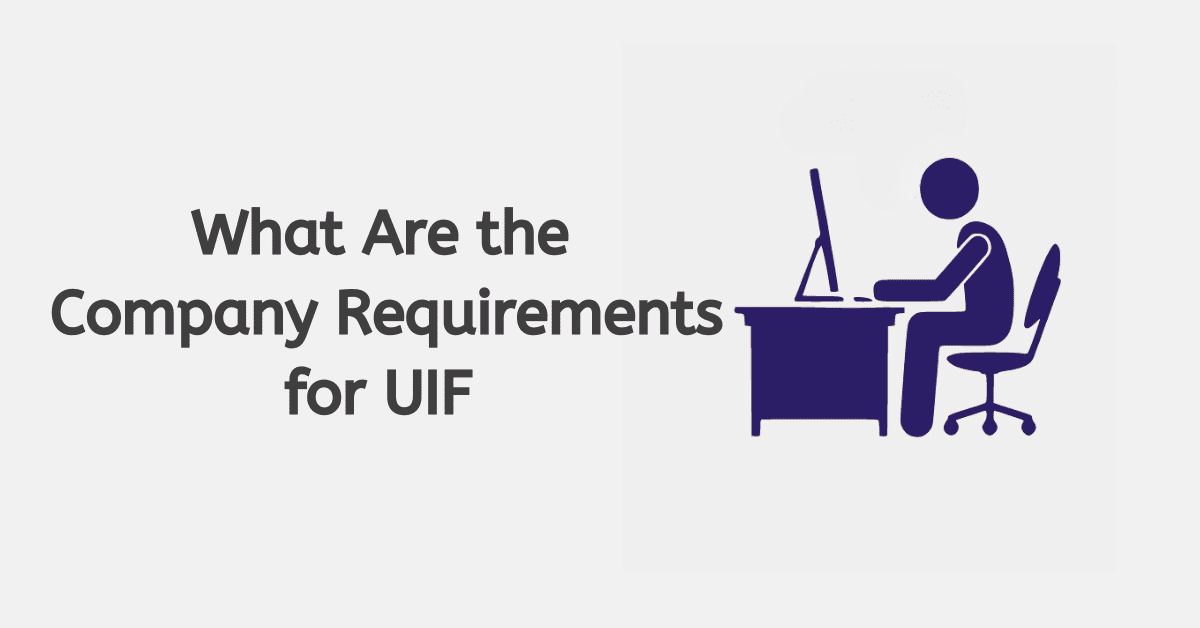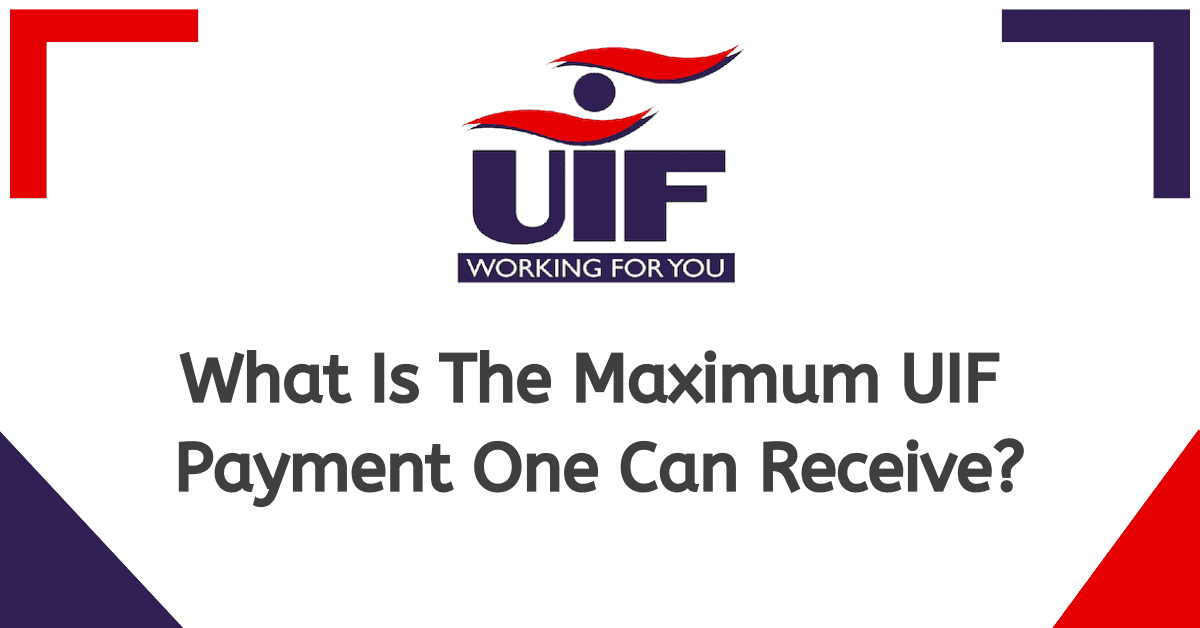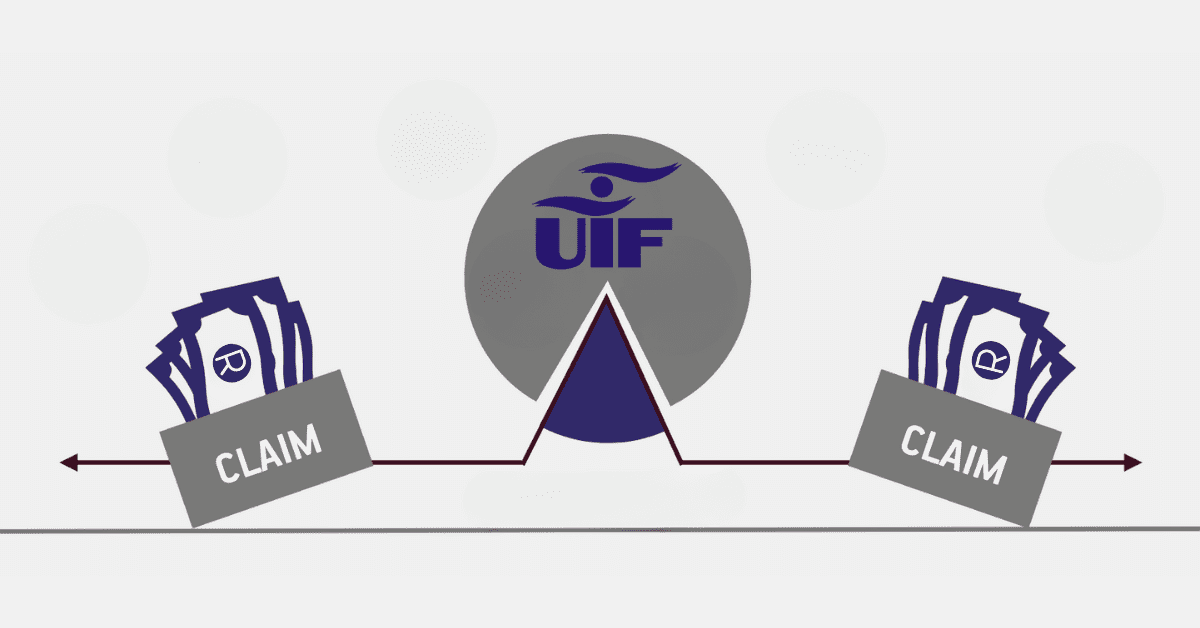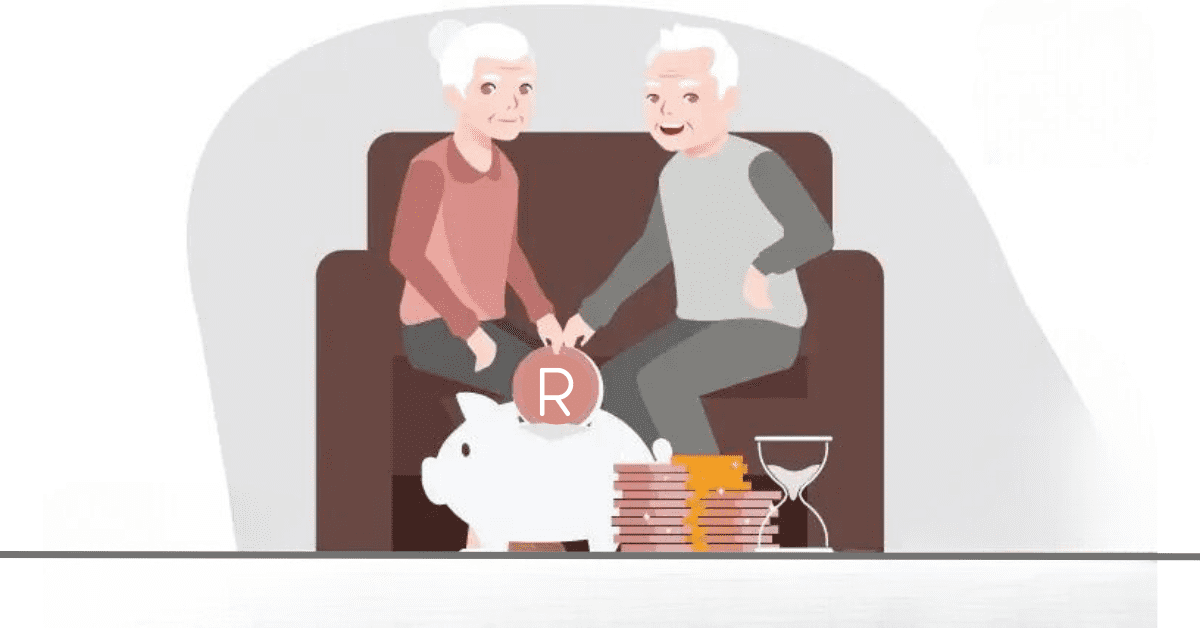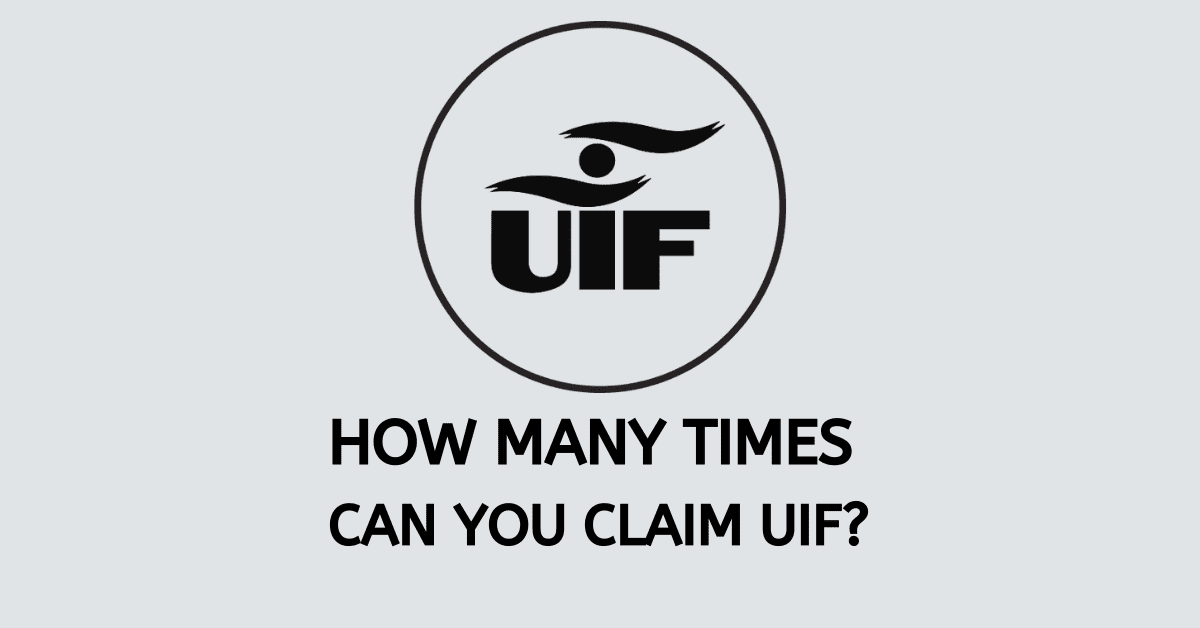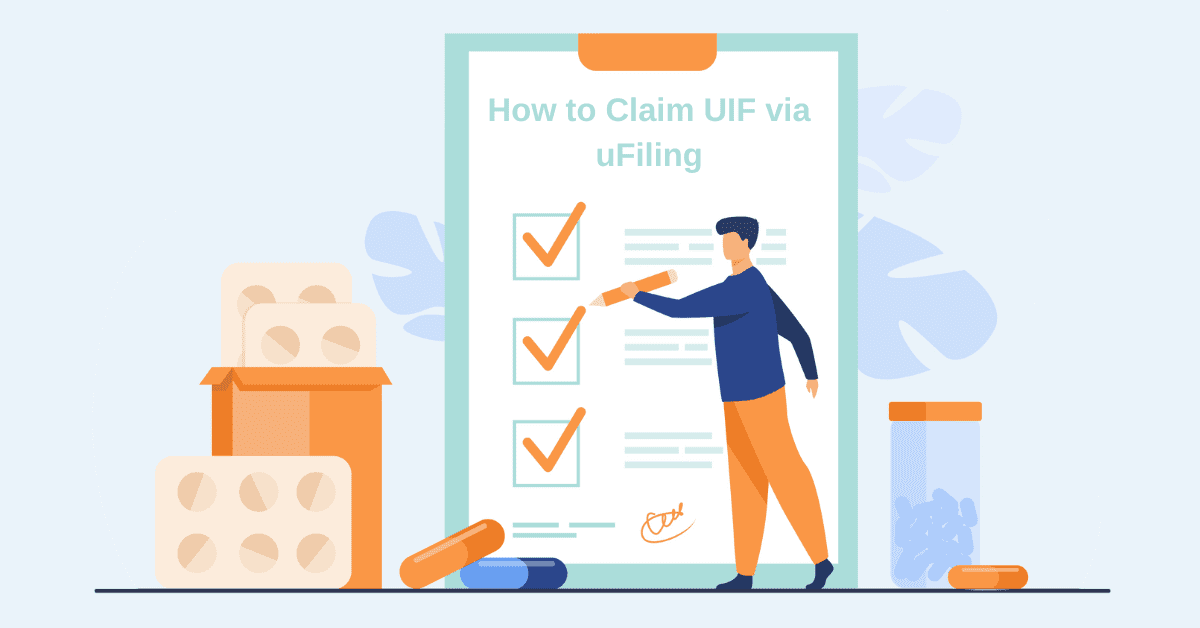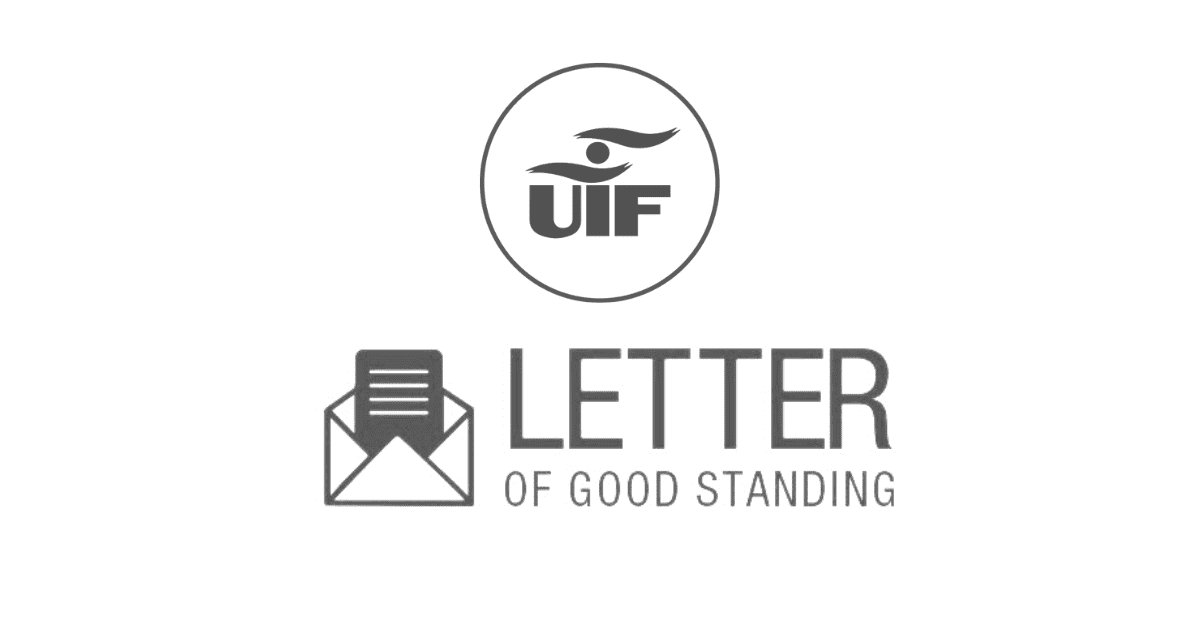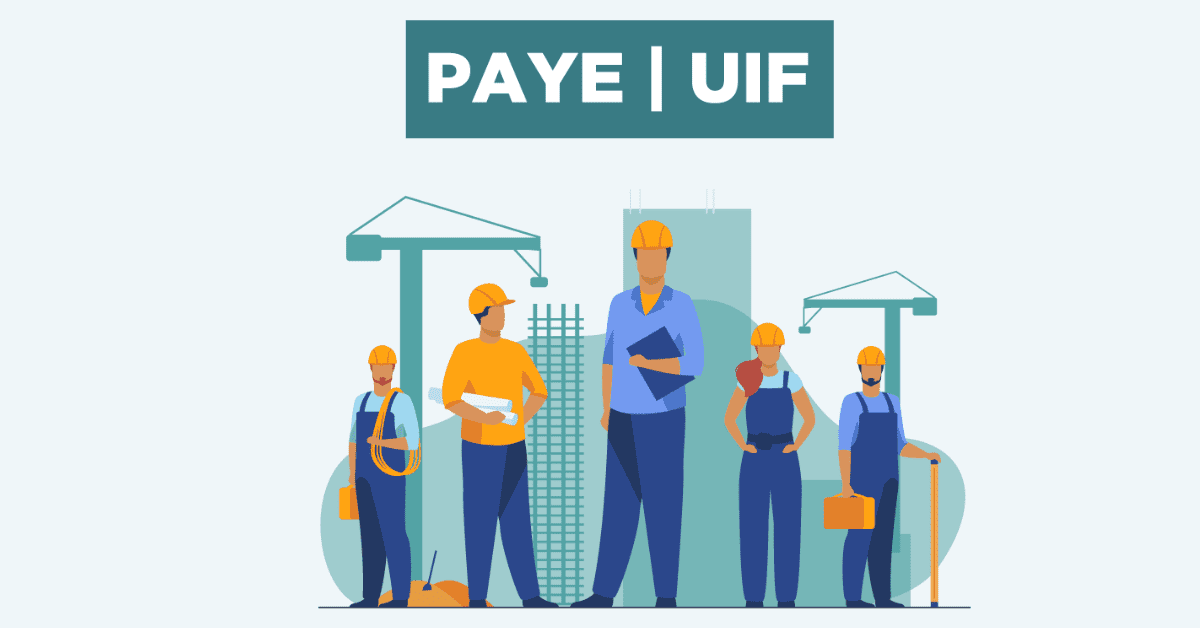The Unemployment Insurance Fund (UIF) provides financial assistance to unemployed individuals in South Africa, ensuring their temporary income security during challenging times. However, in some cases, errors or miscalculations may result in an overpayment of UIF benefits. This article explores the consequences and procedures associated with being overpaid by UIF, what happens to unclaimed UIF money, how to determine the status of a UIF claim, and the maximum UIF payment amount.
What Happens When UIF overpays you?
- Notification: Once the UIF identifies an overpayment, they will notify you in writing or through other communication channels. The notification will inform you about the overpaid amount, the reasons for the overpayment, and the steps you need to take.
- Repayment arrangements: The UIF will provide instructions on how to repay the overpaid amount. This can include options for full repayment or a repayment plan based on your financial circumstances.
- Repayment timeframe: The UIF will specify a timeframe for repaying the overpaid amount. It is important to adhere to this timeframe to avoid further complications or penalties.
- Appeals process: You can appeal if you believe the overpayment is incorrect or unjust. Follow the instructions provided in the notification to initiate the appeals process.
- Consequences of non-repayment: Failing to repay the overpaid amount may result in legal action by the UIF. This can include deducting the overpaid amount from future UIF payments or initiating legal proceedings to recover the funds.
- Confirmation of repayment: Once you have repaid the overpaid amount, it is advisable to keep proof of payment. This can include receipts, bank statements, or other documents confirming the repayment.
Where Does Unclaimed UIF Money Go?
Unclaimed UIF money refers to benefits not collected by eligible individuals within a specified period. When UIF benefits remain unclaimed, the funds are not lost but redirected to the UIF’s Reserve Fund. The Reserve Fund serves as a pool of resources that ensures the sustainability of the UIF and its ability to provide benefits to those who qualify in the future.
The redirection of unclaimed UIF money to the Reserve Fund is per the Unemployment Insurance Act and helps maintain the financial stability of the UIF system. These funds are safeguarded and utilized to support the payment of future claims, administer the UIF program, and address any contingencies or unforeseen circumstances.
Individuals eligible for UIF benefits need to claim them within the specified timeframe to avoid the funds being redirected to the Reserve Fund. Staying informed about the eligibility criteria, claim procedures, and time limitations is crucial to ensure entitled benefits are received on time.
How Do I Know If My UIF Claim Is Approved?
To determine the status of your UIF claim and whether it has been approved, you can follow these steps:
- Online tracking: Visit the official UIF website and navigate to the claim status section. Enter your UIF reference number or provide the required personal details to access the information related to your claim. The online tracking system will provide updates on the progress of your claim.
- Contact the UIF helpline: Reach out to the UIF helpline or customer service center to inquire about the status of your claim. Provide your UIF reference number or personal details for verification purposes.
- Visit a UIF office: If you prefer face-to-face assistance, you can visit a local UIF office and speak to a representative. They will be able to provide you with information about the progress of your claim and address any queries or concerns you may have.
By following these steps, you can stay informed about the status of your UIF claim and ensure that it is being processed accordingly. Regularly checking the status will help you stay updated on any additional requirements or actions you need.
What Is the Maximum UIF Payment?
The maximum UIF payment amount is determined based on the individual’s earnings and the applicable income threshold. Currently, the UIF benefits are calculated using a sliding scale, ranging from 38% to 60% of the individual’s average monthly earnings.
The Minister of Employment and Labour sets the income threshold, subject to periodic adjustments. The UIF benefits are capped at the income threshold, meaning that individuals who earn above the threshold will receive the maximum benefit based on their earnings.
It is important to note that the maximum UIF payment is subject to change based on government regulations and policies. It is advisable to consult the official UIF website or contact the UIF helpline for the most up-to-date information regarding the maximum benefit amount.
In conclusion, understanding the procedures for submitting a UIF claim, the consequences of overpayment, handling unclaimed UIF money, determining the claim status, and the maximum UIF payment amount is crucial for individuals seeking financial support through the UIF system in South Africa. By being informed and following the necessary steps, individuals can navigate the UIF process effectively and access the benefits they are entitled to.
